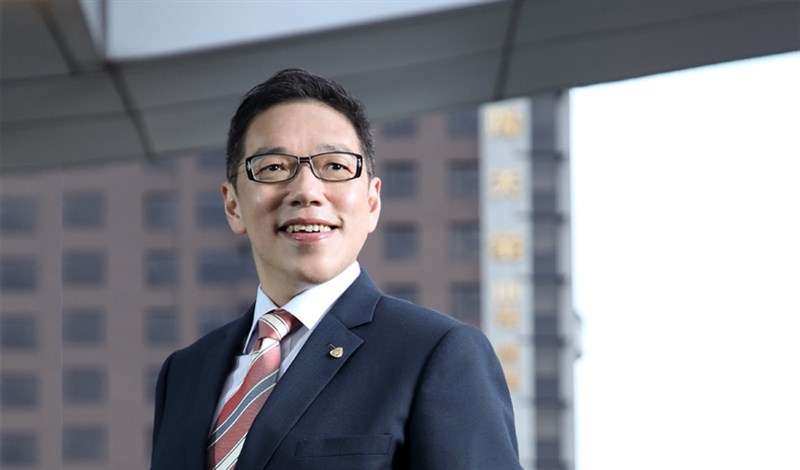Editor's Note
2021.07
The Whole Island Rises or Falls Together

The past two months have been full of challenges for Taiwan. Having existed in a parallel space amidst the global pandemic, this island of respite has suddenly become anxious and restless. The outbreak of the pandemic has caused the loss of precious lives. Moreover, Taiwan, which united to make outstanding achievements against the pandemic, places great trust in society. With the breakout, major rifts have appeared. If they cannot be repaired soon, the admiration the world once had for Taiwan will be lost. Taiwan is quite accustomed to typhoons and earthquakes, and its regular post-disaster recovery has given people the impression that it’s already familiar with reconstruction from major natural disasters. But this time really is different. After the second wave in India, the COVID battle became a COVID war, highlighting the comprehensiveness of the fight, and the scale of the casualties, no less than those caused by state conflict. Unlike other natural disasters, which cause the loss of precious lives and property in a single incident, this war requires a constant reconstruction process, which involves decision making under uncertainty. Ordinary natural disaster reconstruction only requires reassuring people and restoring the original infrastructure. Due to the unpredictable number of mutant strains that may invade Taiwan in the future, the existing social operation model, industrial layout, and even political structure will also be under constant threat. As a result, the government needs to constantly adjust its countermeasures so that social mobilization and resilience can be maintained, awaiting the final victory to come. Because the air raids of World War II have long been forgotten, Taiwan has rarely had the opportunity to gain such experience. The military fortunately defended itself successfully at the Battle of Jinmen, so the impact on the main island was limited. But Taiwan by no means has been separated from the threat. In addition to the constant threat of confrontation, with thousands of missiles pointed at it, several generations remember keeping secrets and defending against United Front spies. In the past 20 years, though, economic and political development let us sweep war preparations under the rug, while ignoring the accompanying man-made disasters, and also exposing the fragility of society. Therefore, rescue and revitalization is absolutely no less important than the pandemic prevention and containment. After all, the impact of the level 3 pandemic prevention during this period has exposed gaps in Taiwanese society. First, the economic difficulties in the retail, F&B, and tourism industries have directly impacted the livelihoods of those in those sectors, and urgent support is required. Second, for infrastructure, it was originally thought necessary to improve the medical surplus for pandemic prevention, so that hard-working medical front-line personnel don’t lack reserves again. The bigger infrastructure gap is social infrastructure. Extreme interpretations of the government’s pandemic prevention actions, vaccine purchases, international assistance, and other events at this stage, coupled with a flood of false information, have left deep marks on Taiwan’s society, causing families and friendship to suffer, and tearing democracy apart through polarization. I sincerely hope that both the ruling and opposition parties can rebuild a common social consciousness with the breadth of post-war recovery and reconstruction, under the vision that the whole island rises or falls together. This will not only help it defeat the COVID-19 virus, but also give Taiwanese society stronger antibodies to fight against other viruses that may undermine the growth of society, as well as stronger momentum for future sustainable development.



